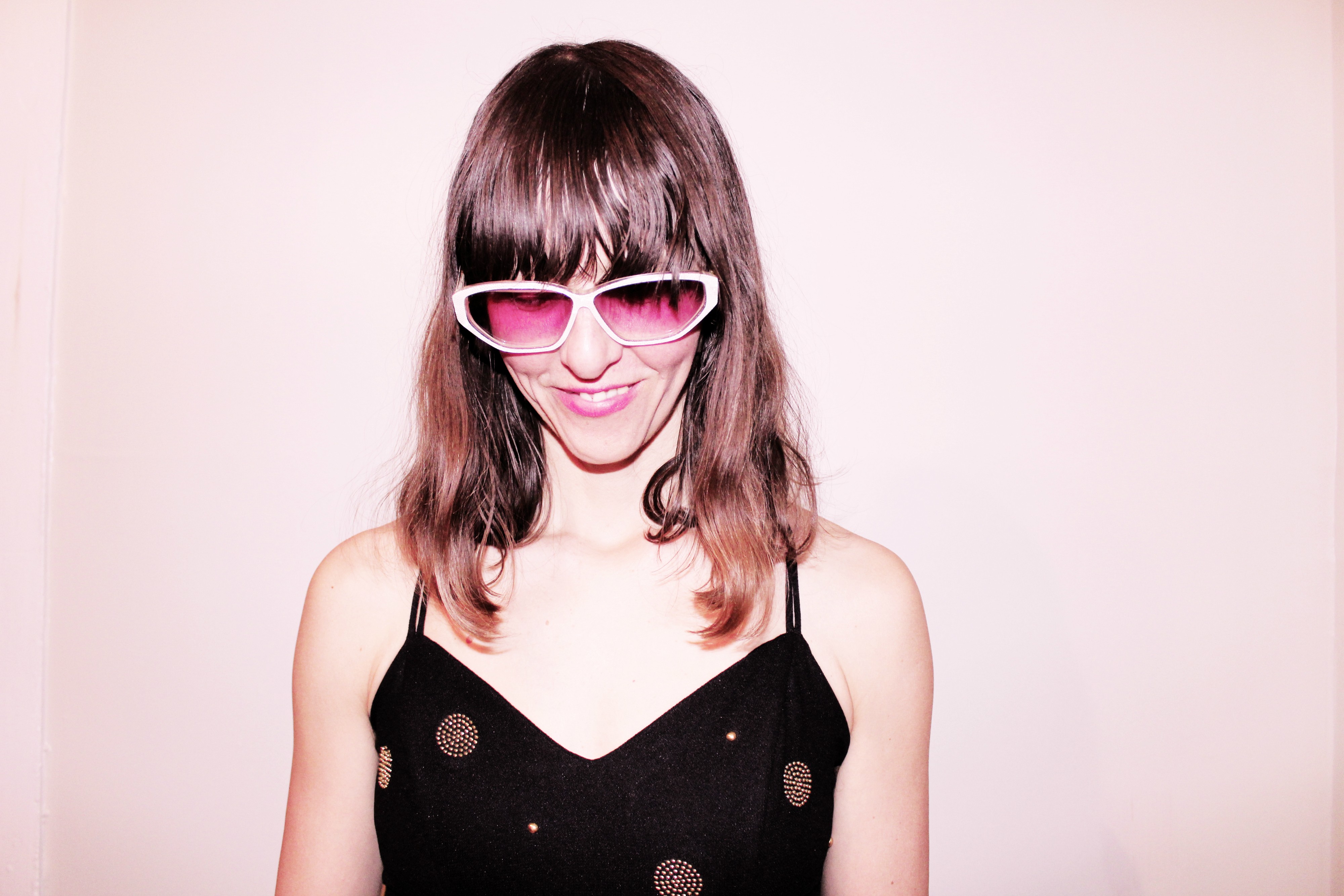Taking the stage for a sold out show tonight in the Drake Underground, singer-songwriter Jennifer Castle talks motherhood, discovering her sound and the recording her new album, Angels of Death with musician and composer Owen Pallett.
Owen Pallett and Jennifer Castle first met in the early 2000s when they were both performing regularly around Toronto, Owen with his former band Les Mouches and Jennifer with her former band Fox The Boombox. Jennifer Castle’s subsequent solo project — originally titled Castlemusic — began releasing albums in 2006. Owen contributed string arrangements to Jennifer’s 2014 album Pink City and the two musicians have also toured together.
OP: Where are you living these days? What’s your daily routine?
JC: When I’m at home and all is usual, I get up, have tea and coffee and breakfast, get my son to school via country roads, play music, attend to the day, pick him up, cook dinner, go to bed. Also: walk the dog!
OP: When I think about moments that truly moved me musically, I think of seeing Deep Dark United at Sneaky Dee’s in 2003, Barcelona Pavilion in a hallway, I think of Christine Fellowes singing “Vertebrae” in Dawson City, and I think of shows we’ve played together ourselves — in Ireland, at Lee’s Palace, in a church in Waterloo. What are some of the most truly moving moments you’ve experienced — especially in Toronto?
JC: (Ah! I loved our shows too!! Thanks for taking me on tour that time!! Singing Joni Mitchell with you in the back of a van in the middle of the night while speeding our way through great, green Ireland is a special memory!!!)
When I returned from living in Vancouver for a few years, I was 26, and came back with demos and loads of four track recordings I’d been making, playing lead guitar on my own stuff, doubling vocals – you know, all the stuff you learn to do with a four track for the first time. I made some weird, really whack stuff. At the time, I didn’t really know much about experimental music. I didn’t think I was making it either, I was too hard on myself at the time, I could only hear my doubts. My irreverent relationship to timing was more “bad timing,” you know? My loose singing, my weird mixes.
The first night I got home, I walked into The Victory Cafe and The Silt were playing. I asked my friend, the bartender, “Who are these guys?” I was captivated. It was the first time I heard myself in music. It was loose and free, traditional and subversive. I truly felt like a musician for the first time when I heard them. I realized I’d been making a type of music all along, I just didn’t have the confidence or experience to realize the nature of the walls I was pushing back on. I didn’t have the context — many of that crew went to school for experimental composition whereas I was deeply self-taught — and I hadn’t found my community. Once I tuned into them and their greater circle of people, I became a very comfortable improviser and began to include that whole-heartedly on my music journey.
OP: Walk me through the process of recording Angels Of Death. I assume it was made with Jeff [McMurrich, Castle’s longtime engineer and Pallett collaborator] again… how was it different? How was it the same?
JC: We recorded with a live band for a number of the tracks which was different for me. I sang as clearly as I could because I knew there would be no way to change it. There were all sorts of limitations put on us, which I think was ultimately a good thing. We just had to give it our best and I feel like we did. We made the rest at Sonology in Toronto.
OP: I’ve personally associated your songwriting voice with one that sings of independence— from “Sailor’s Blessing” to “Sailing Away.” The topics you’re singing about on Angels Of Death suggest interdependency— connectivity to people you’ve loved. Was this a conscious choice? Do you feel as if your feelings are changing? (I sometimes have wondered, in retrospect, if the sentiment of past songs like “Sailing Away” were more aspirational than true — that you were wishing for this capacity for independence rather than actually feeling it.)
JC: Oh yes, my songs are my personal utopias, where the narrator understands everything and can communicate under life’s given circumstances. In my real life, there is only struggle in this arena. I would say I feel very unfree, and that my songs are often free in feeling. I must need the medicine of freedom, whether singing free, writing free or performing free. Music is a refuge from the things that bind me.
OP: Do you have any recent tour anecdotes you could tell me?
JC: I haven’t been touring much unfortunately, Owen! Quite the opposite!
But I can tell you that when I played Massey last fall, it was so funny because I hadn’t been touring and here I was, getting ready to play the stage of my dreams. I was just being my quiet ass hermit self at home, doing dishes and telling myself, “You’ll be on the big stage tomorrow night.” And then that night, I told myself, “Remember to enjoy yourself and look up!” The song “Rose Waterfalls” was my inspiration for that gig as I told myself to channel an inner rose and “Dance yourself onto that stage and sing free!” One minute absorbed in the dailiness of life (especially life with a youngin’), the next minute sharing a dream with musical friends on the most special stage. That was a golden time for me.
Photo by Cash Honey. This interview has been edited for clarity.

